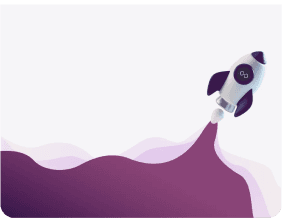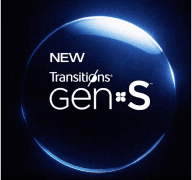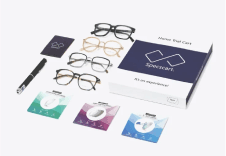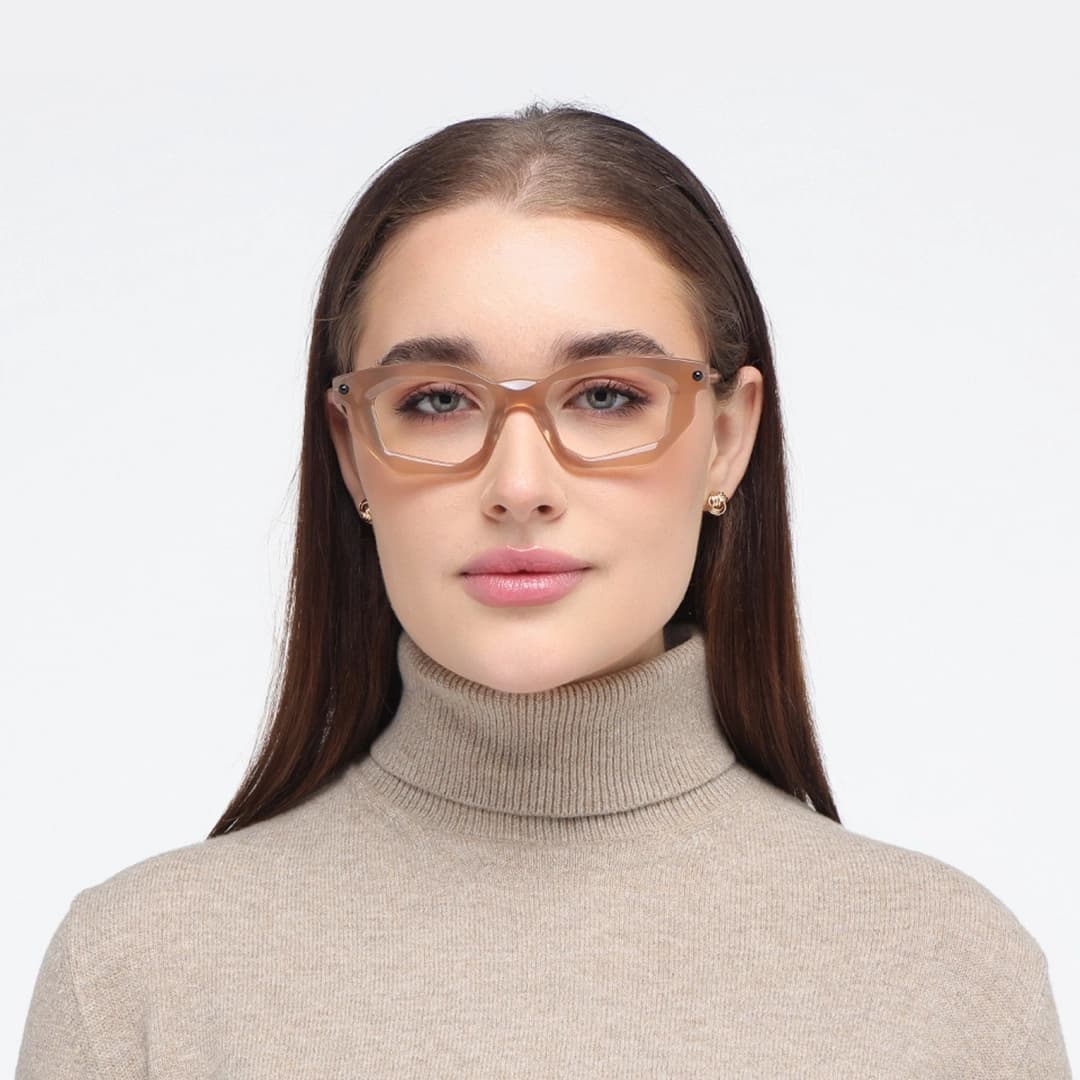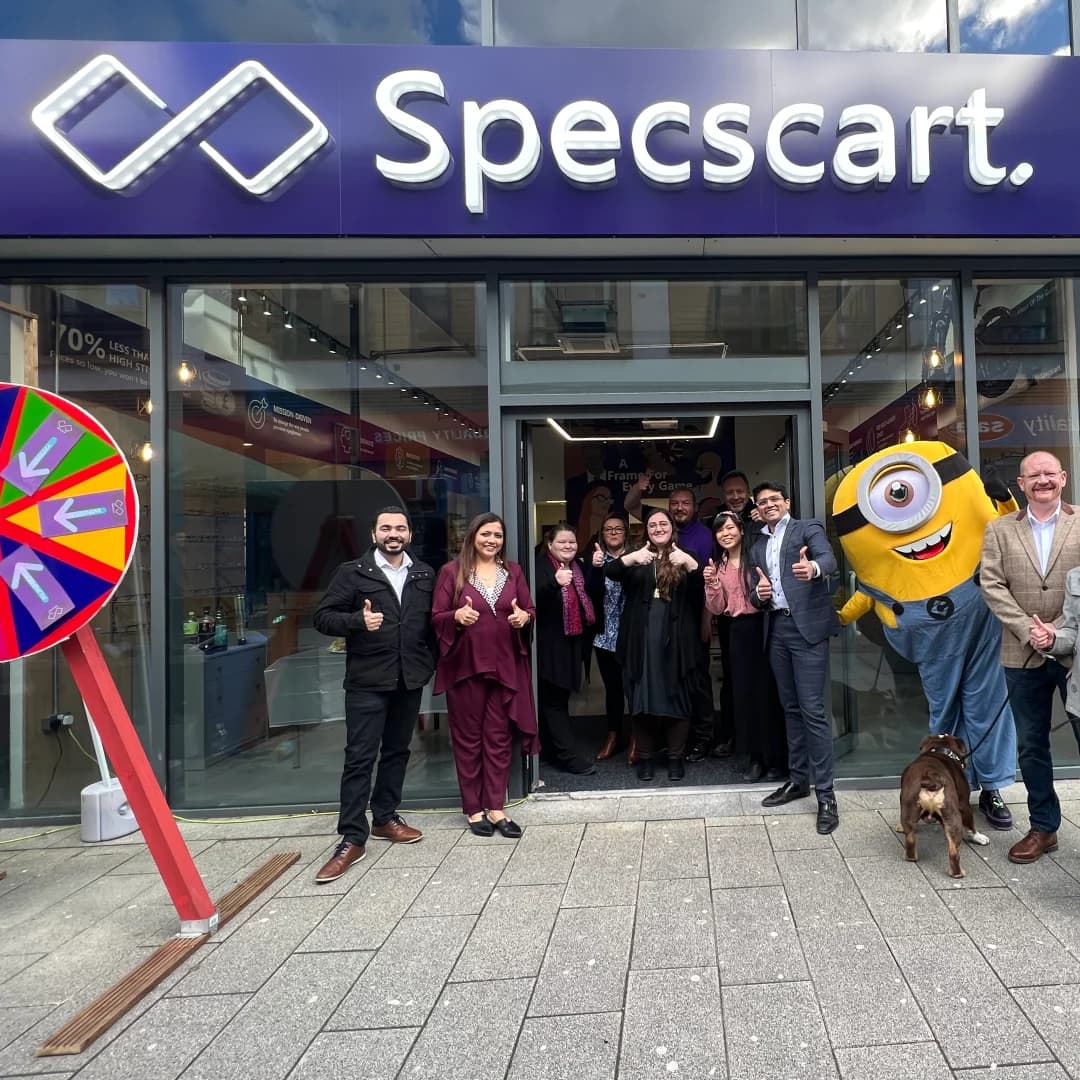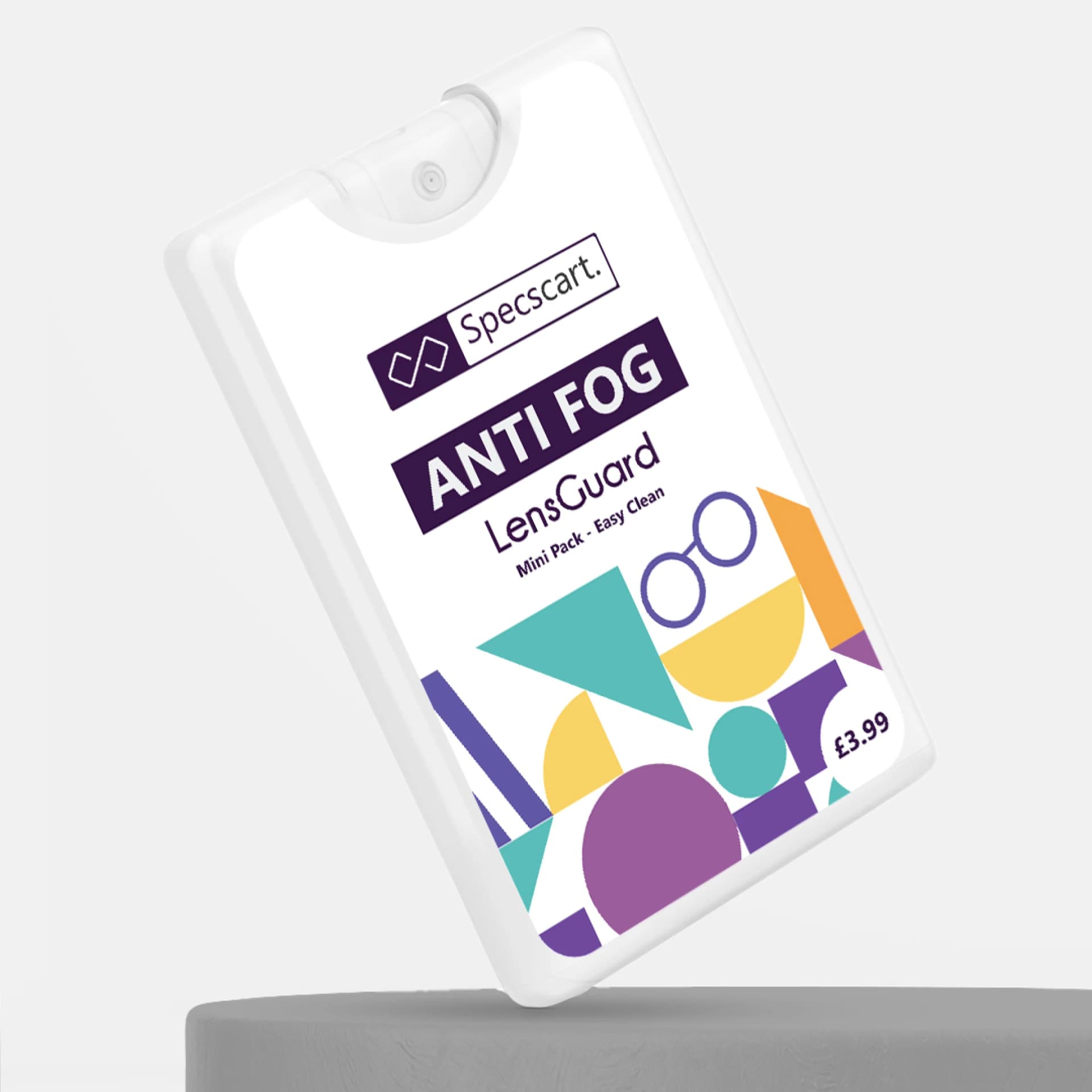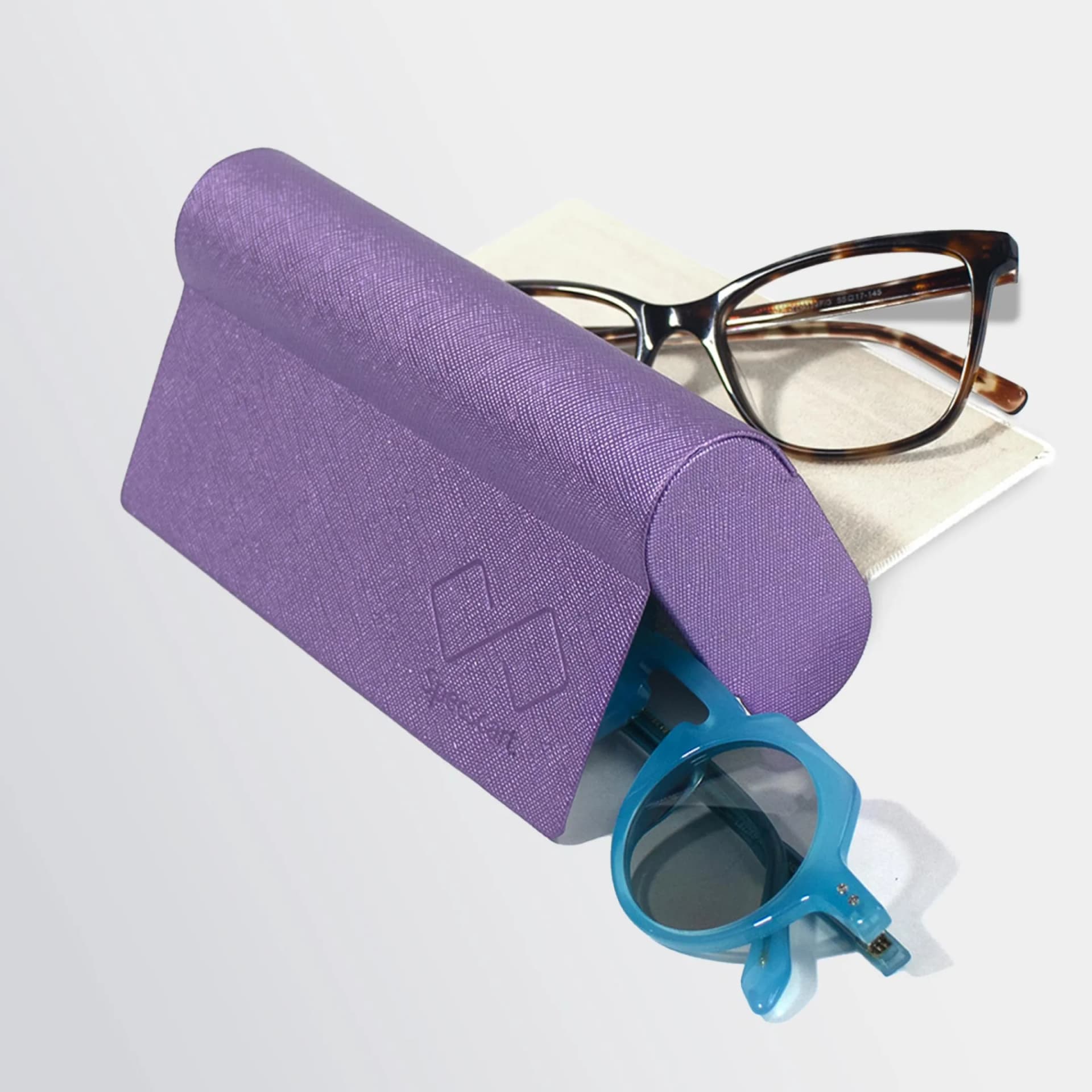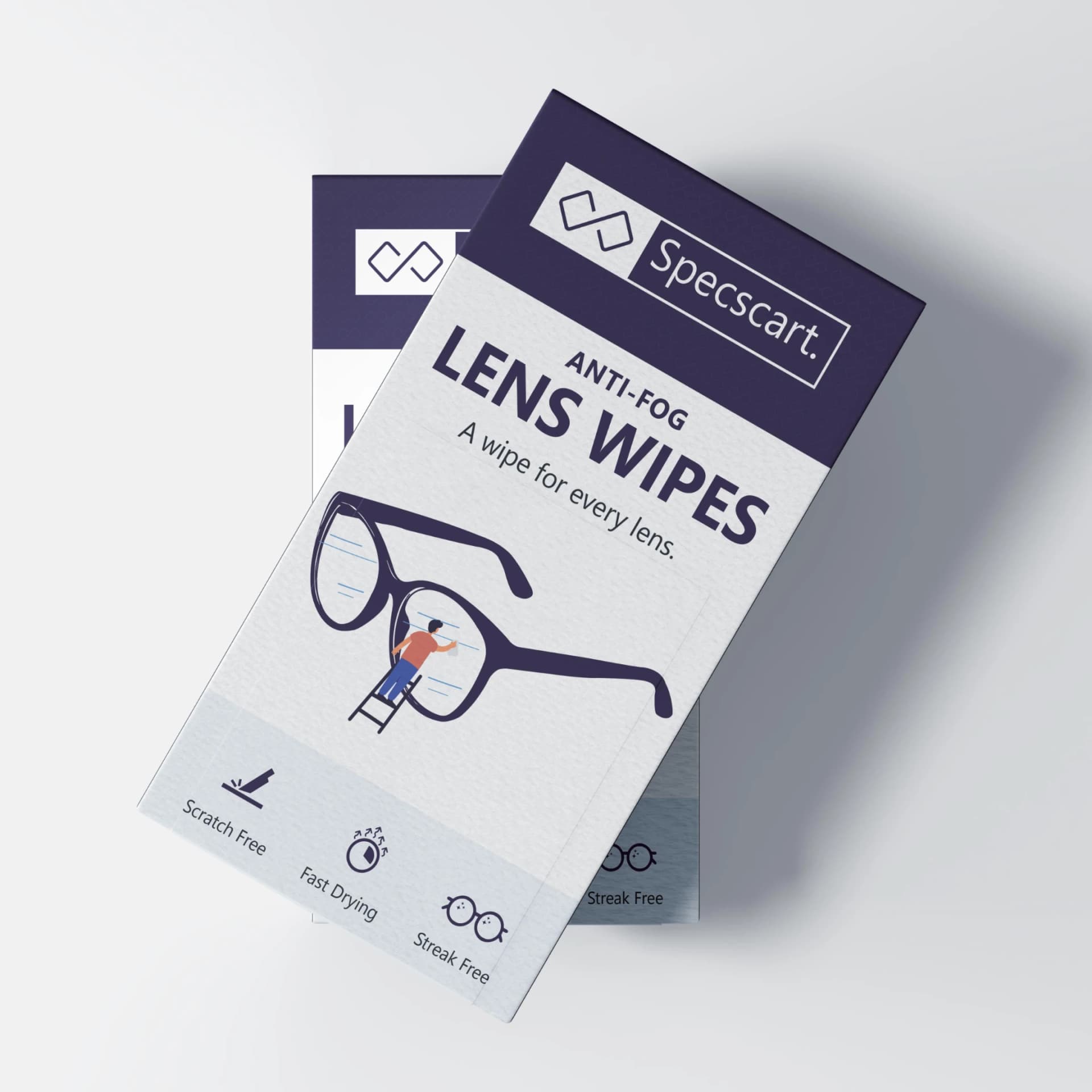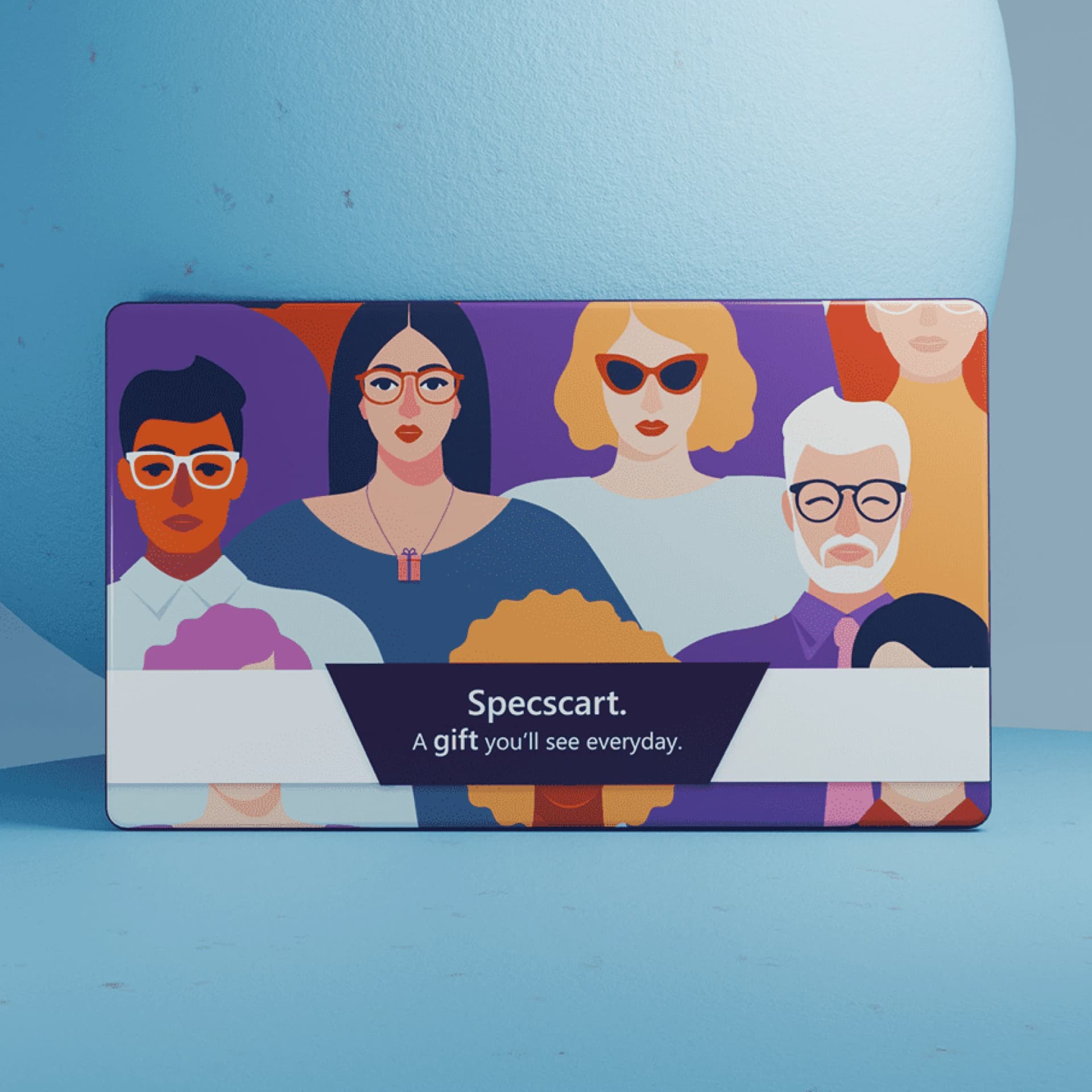Regular readers of this blog would know we post regularly about blue light and its effects. These effects are still up for debate, with research still going on and the jury still out. Unlike Ultra-Violet rays, about which people are more aware, the research on blue light is few and far in between as of now. And if it is harmful, the full extent of it is not fully known. Some believe that it can even harm our retina and cause macular degeneration. Having said that, blue light is most commonly linked to strained and dry eyes because of excessive phone or computer use. The detrimental effects of blue light on eyes are most commonly linked to strained and dry eyes because of excessive phone or computer use. It is also well known that blue light regulates our circadian rhythm, so exposure to it at night time may disrupt our sleep cycle. Apart from these issues, does blue light cause depression? Does it have an effect on our mental health? And can blue light blocking glasses help? Let’s try to answer these questions.
But first we should know what exactly blue light is and its link to digital screens.
What is Blue Light?
Blue light is a part of High Energy Visible light, which has high energy and short wavelengths. The sun is its largest source, but it is also emitted by LED lights. The LED blue light from digital screens have been in focus the past few years, especially since the pandemic.
There are both direct and indirect connections between light and mood. When one of our three types of photoreceptors (ipRGCs) directly respond to light, their projections reach certain brain regions that affect our emotions. For example, think how a sunny day makes you happy. But when indirect connections are made and symptoms are disrupted, it’s believed to contribute to mood disorders.
High levels of blue light can also increase our stress hormones, cortisol and adrenaline, which leave us feeling highly stressed, irritable, and anxious.
Sleep and Mental Health
Night-time exposure to blue light throws off your circadian rhythm - also known as our sleep/wake cycle or body clock. That's because blue light has been shown to disrupt melatonin production, the hormone that makes you sleepy. This can result in trouble falling and staying asleep.
All different types of light can suppress melatonin. Research from Harvard University found that blue light suppresses melatonin twice as much as green light and shifts the circadian rhythm twice as much as green light too!Your body’s circadian rhythm is essential in determining its sleeping patterns, appetite, and most importantly, your mood. A lack of sleep has been found to affect mental health, causing depression and anxiety, as well as many other health implications both mental and physical. Safe to say, blue light directly affects mental health through a lack of sleep, one of the most important things for good mental and physical health - and who doesn’t love a lay in.
Social Media and Mental Health
One of the most important ways blue light and mental health are interlinked is through extended screen time spent on social media, creating a sense of FOMO (fear of missing out) and anxiety that you’re missing out on what your peers are doing. It’s an all-consuming feeling that brings the desire to constantly connect with what others are doing. The desire for a ‘hit’ of dopamine, coupled with a failure to gain instant gratification, may prompt users to perpetually refresh their social media feeds. But all of that time glued to screens can have some pretty negative effects on your health. That is why when you buy spectacles online, make sure they have a blue light coating.
Is Blue Light All Bad?
Although some blue light causes digital strain, not all exposure to blue light is bad, it’s what we call harmful and helpful blue. Not all exposure to blue light is bad, it’s what we call harmful and helpful blue. Natural blue light is what makes the sky look blue and in its natural form, blue light helps regulate our sleep and wake cycles. It's what makes us alert and active during the day. It also boosts our mood, memory, and energy levels - all of which is important for good mental health.
Bad blue comes from artificial sources, providing these sometimes beneficial results at unsuitable times - just like when you opt for one more episode on Netflix which prevents you from nodding off.
Recent studies and scientific undertakings have only begun to delve into the cause-effect relationship between blue light and mental health. While research is uncovering more information, it’s clear that you must control your exposure to blue light to protect your mood, eyes, and body clock. Whether you buy prescription & non-prescription glasses, an anti-blue light coating might help.
References - Harvard Health Publishing
Caution: You may become style obsessed
Your way finder
2000+ Trendy Styles

Fashion Forward Sunnies
















